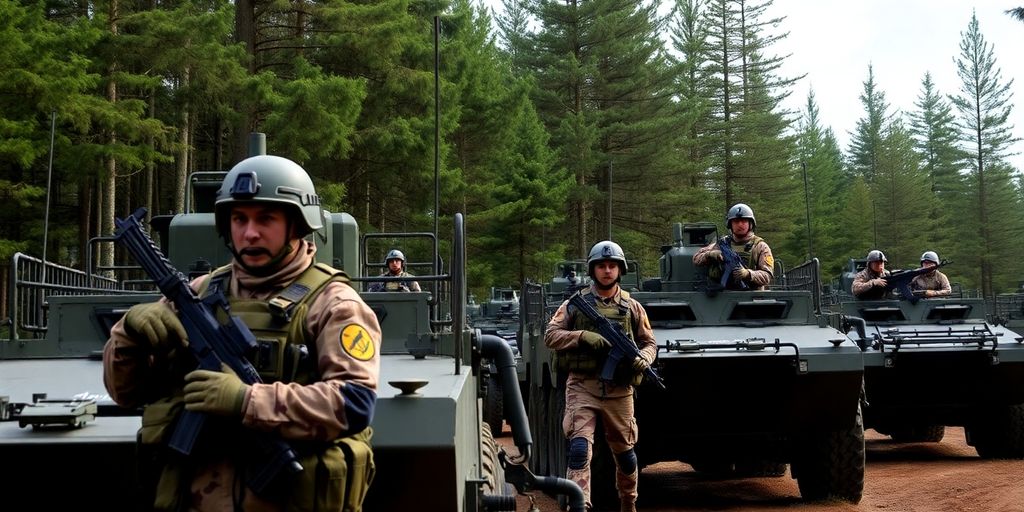Bulgaria is responding to escalating tensions in the Middle East and growing nationalist sentiments within the Balkans by enhancing its security measures and addressing regional political dynamics. The government is taking proactive steps to ensure the safety of its citizens and diplomatic missions while navigating complex geopolitical challenges.
Key Takeaways
- Bulgaria has increased security measures in response to the Middle East crisis.
- The government is preparing for potential refugee flows and terrorist threats.
- Nationalist rhetoric is rising, particularly regarding North Macedonia.
Enhanced Security Measures
In light of recent events in the Middle East, Bulgaria’s caretaker Interior Minister Atanas Ilkov announced a series of preventive security measures. These include:
- Increased police presence at strategic locations in Sofia.
- Enhanced security around the Israeli diplomatic mission and related sites.
- Ongoing assessments to determine if further security measures are necessary.
Despite the lack of specific intelligence regarding terrorist threats, Ilkov emphasized the importance of being prepared for any potential incidents. Caretaker Prime Minister Dimitar Glavchev convened the Security Council to address these concerns, while the Consultative Council for National Security is set to meet to discuss the implications of the regional crisis.
Potential Impacts of Regional Instability
The Bulgarian government is acutely aware of the potential consequences of escalating tensions in the Middle East. Caretaker Defence Minister Atanas Zapryanov highlighted several key concerns:
- Increased Refugee Flows: A full-scale war could lead to a significant influx of refugees into Bulgaria and neighboring countries.
- Terrorist Threats: There is a possibility of terrorist actions by Islamist organizations targeting European nations.
- Domestic Security: The government is prioritizing the safety of its citizens and ensuring that security protocols are robust.
In a proactive measure, nearly 170 Bulgarians and their families were evacuated from Lebanon, with the Interior Ministry offering them accommodations in holiday resorts.
Rising Nationalism and Regional Tensions
Simultaneously, Bulgaria is grappling with rising nationalist sentiments, particularly regarding North Macedonia. Konstantin Kostadinov, leader of the ultranationalist party "Vazrazdane," has made controversial statements advocating for the unification of North Macedonia with Bulgaria. His remarks have sparked outrage in Skopje, with the North Macedonian government condemning them as unacceptable and a direct threat to their sovereignty.
Kostadinov’s party has gained traction in Bulgarian politics, emerging as the third-largest political force in the recent parliamentary elections. However, mainstream parties have distanced themselves from his nationalist rhetoric, highlighting the delicate balance of regional relations.
Conclusion
Bulgaria’s response to rising tensions in the Middle East and the Balkans reflects a complex interplay of security concerns and nationalist politics. As the government enhances its security measures and navigates regional dynamics, the situation remains fluid, with potential implications for both domestic stability and international relations. The coming weeks will be crucial in determining how Bulgaria addresses these multifaceted challenges.






